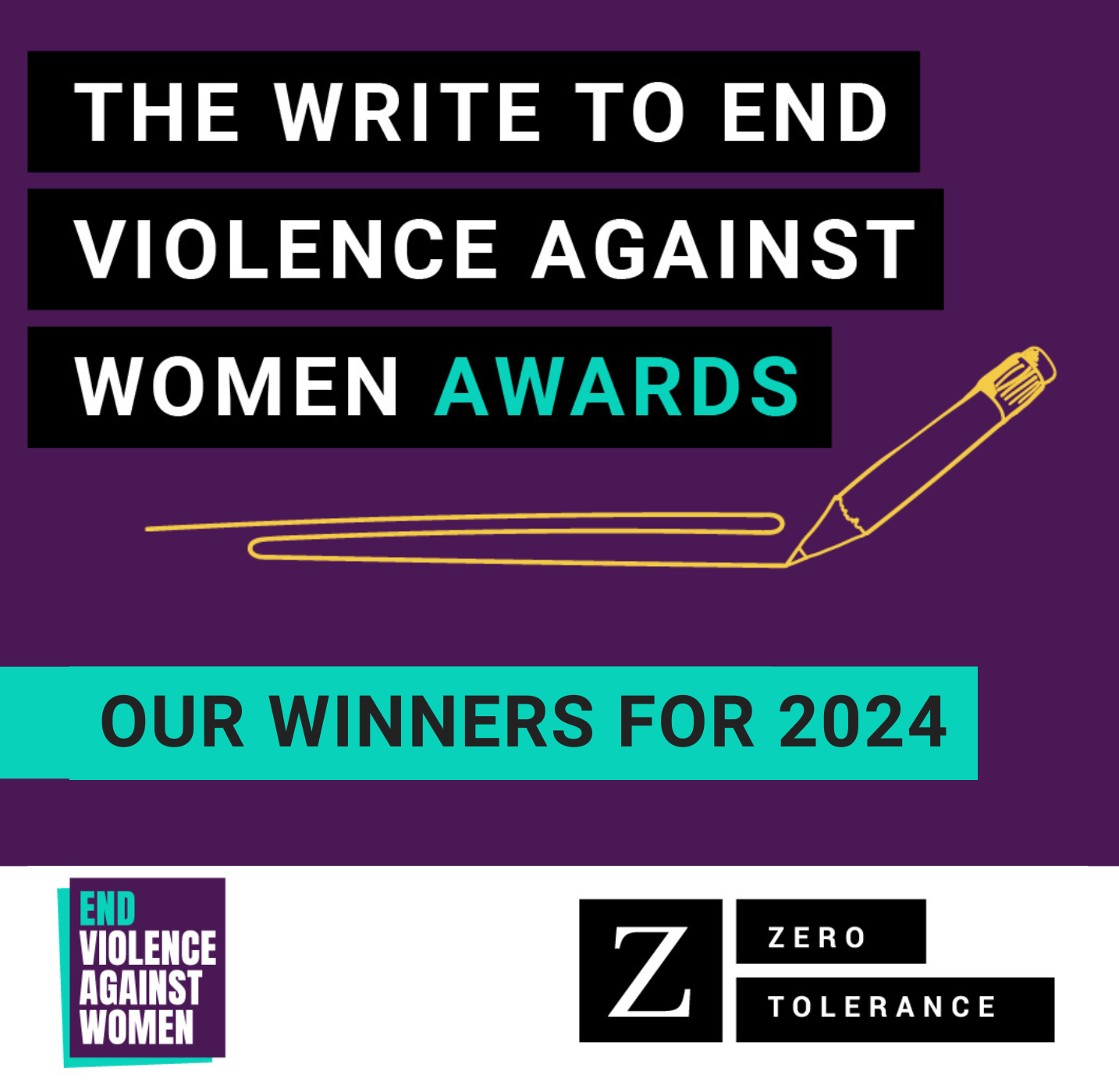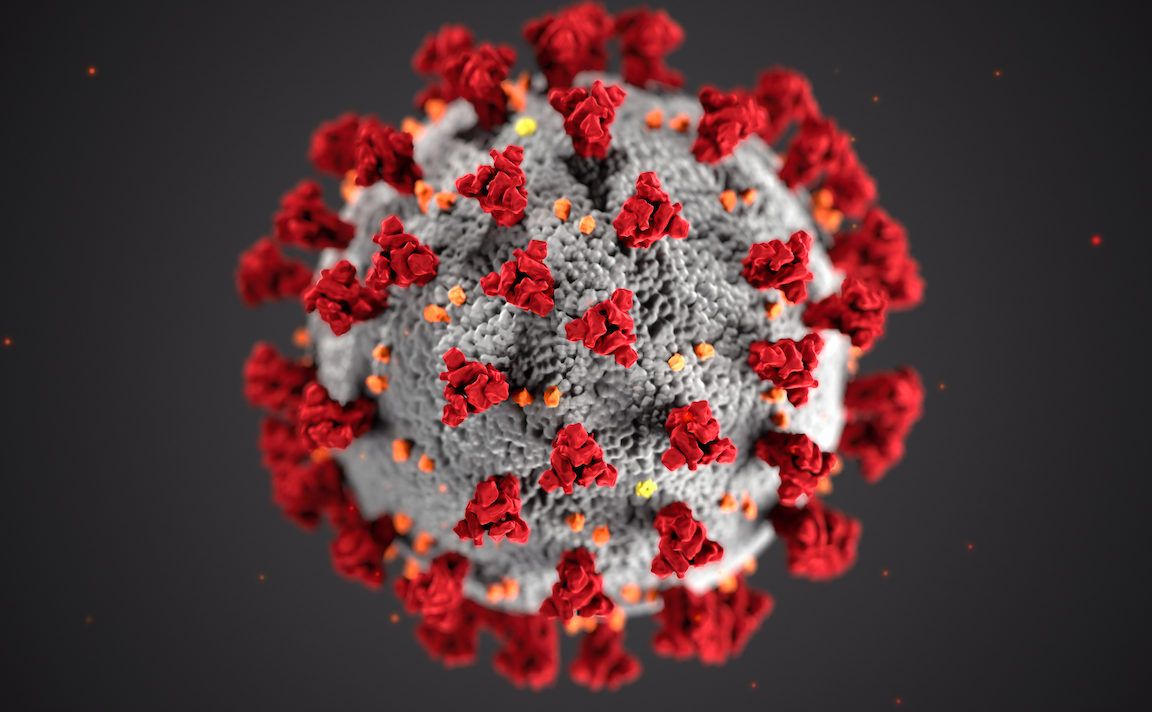 12 Dec
12 Dec
A year ago, several key umbrella organisations in the VAWG sector came together at the start of lockdown to issue a joint call to action to the Government on Covid-19 and the pandemic’s expected impact on women and girls experiencing or at risk of VAWG in all its forms. Today (23 March) many of those same organisations, from across all four regions of the UK, have issued a statement one year on, reflecting on the pandemic and its impact on women.
Read Covid-19 – One Year On Statement here: COVID 19 – One Year On Statement March 2021
The statement acknowledges that Covid-19 has affected us all, but it has not affected us all equally. The pandemic – and its health, social and economic effects – have had disproportionate impact on communities facing oppression. Before Covid-19, women and girls experiencing structural inequality – including Black and minoritised women, women with insecure immigration status, disabled women and LGBT+ survivors – faced the most severe barriers to getting the help they need. However, the Government has so far failed to take the urgent and coordinated action needed to address the glaring gaps in protection and support, most notably for migrant women experiencing VAWG.
The statement, signed by EVAW, Imkaan, Women’s Aid Federation of England, Welsh Women’s Aid, Scottish Women’s Aid and Women’s Aid Federation Northern Ireland, reflects on the following themes and why the next phase of the pandemic response must be different than what has happened over the past year so that the Government’s measures deliver for all survivors.
- Funding: The 31st March 2021 deadline for spending emergency Covid-19 funding and delays in delivery mean that some staff have only been recently recruited and are now facing notice of redundancy. Alongside this has been poor coordination between the UK Government and devolved nations. With the funding landscape looking even more precarious next year, the sector continues to call for long-term, sustainable grant funding for specialist VAWG service provision, including ring-fenced funding for by and for services.
- Equal Support: At the outset of the pandemic the VAWG sector called for immediate action to ensure all women experiencing VAWG were protected equally – including an end to hostile environment policies, ‘no recourse to public funds’, and immigration detention. As documented by Imkaan, Covid-19 has compounded racial inequalities for organisations led “by and for” Black and minoritised women. Deaf and disabled women, who face increased risk of gender-based violence, have also been disproportionately impacted by changes to the Care Act and an increased reliance on the abuser for care and access to basic essentials. It is clear that we need a different response as we emerge from the pandemic, based on human rights and the protection of all survivors.
- Frontline Workers: We pay tribute to the frontline VAWG workers who have worked tirelessly and acknowledge the heavy toll this has taken on them. As well as not having access to PPE and consistent testing during the pandemic, life-saving staff in the VAWG sector are far too often on insecure contracts and pay which does not reflect the expert work they do. This must change and they must be able to access necessary therapeutic and wellbeing support.
- Prevention and Awareness: During the pandemic there has been a boost in public support and awareness which is welcome. The national Government’s campaign and other public services have raised awareness and signposted survivors to support, but have not always spoken to the experiences and needs of all women and girls. Additionally, Government communications have often been inaccessible to disabled and Deaf women and others facing communication barriers.
- Joined-Up Resources: Partnerships between the VAWG sector and academics, organisations and agencies have been a positive of the last year, but “by and for” services led by Black and minoritised women and Deaf and disabled women continue to report poor communication and partnership working from statutory agencies. Coordination between the UK and devolved governments has also been limited, resulting in additional work in signposting survivors to the right helplines and support.
As the statement makes clear, one year on we cannot go back to “business as usual” after Covid-19. We need a new approach which equally protects all women and girls and ends the societal inequalities that drive violence and abuse against them.
Recommended ARTICLES
 12 Dec
12 Dec
 25 Nov
25 Nov
 15 Nov
15 Nov

